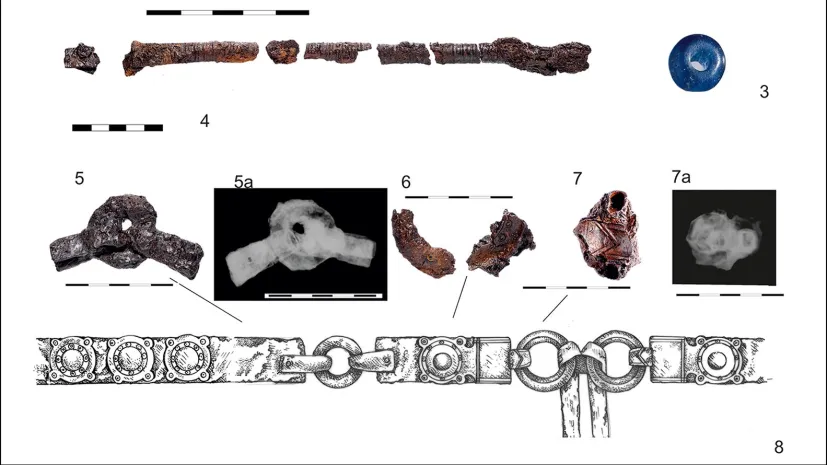Dear Reader,
In line with the resolution of the European Parliament and of the Council of April 27, 2016 on the protection of natural persons with regard to the processing of personal data and on the free movement of such data, and repealing Directive 95/46/EC (General Data Protection Regulation), we are informing you that we are processing your data.
The administrator of the data is Foundation of the PAP, headquartered in Warsaw, 6/8 Bracka St., 00-502 Warsaw.
The data in question are the data which are collected while You are using our services, including websites and other functionalities provided by Foundation of the PAP, mainly recorded in cookie files and other internet identifiers, which are installed on our webpages by us and the trusted partners of PAP SA.
The collected data are used exclusively for the following purposes:
• providing services electronically
• uncovering abuse of services
• statistical measurements and improvement of
The legal basis for processing the data is the provision and improvement of the service, as well as ensuring security, which constitutes the administrator's legally justified interest. The data can be provided, at the request of the administrator of the data, to entities belonging to the entities which are entitled to obtain the data on the basis of current legal regulations. The person whom the data concern has a right to access the data, correct and remove them, as well as limit their processing. The person can also withdraw their consent to the processing of personal data.
All notifications concerning protection of personal data should please be directed to: fundacja@pap.pl or in writing to: Foundation of the PAP, 6/8 Bracka St., 00-502 Warsaw, with a note: 'protection of personal data'.
More information about the principles of processing personal data and the User's rights can be found in Privacy Policy. Learn More I agree























